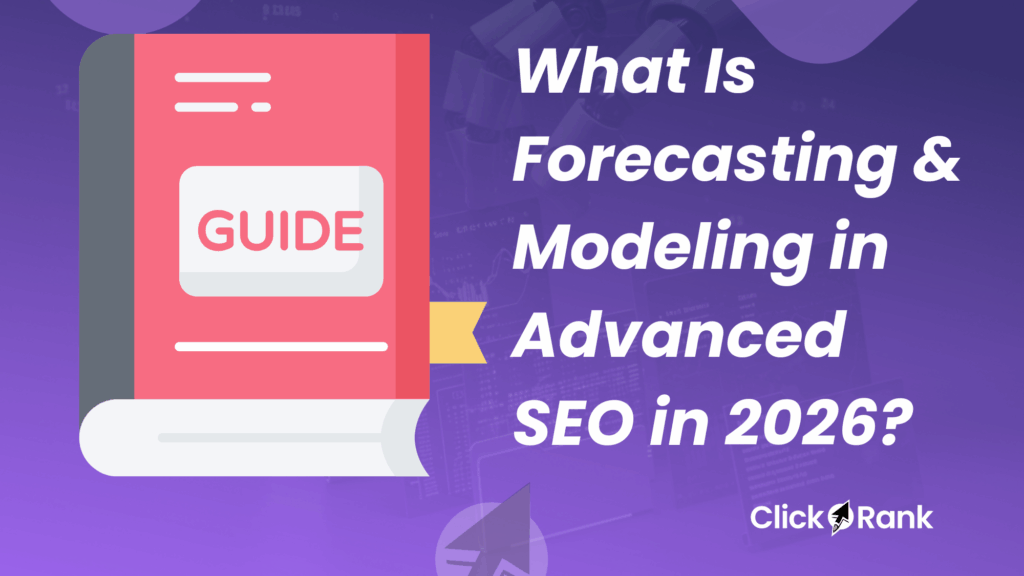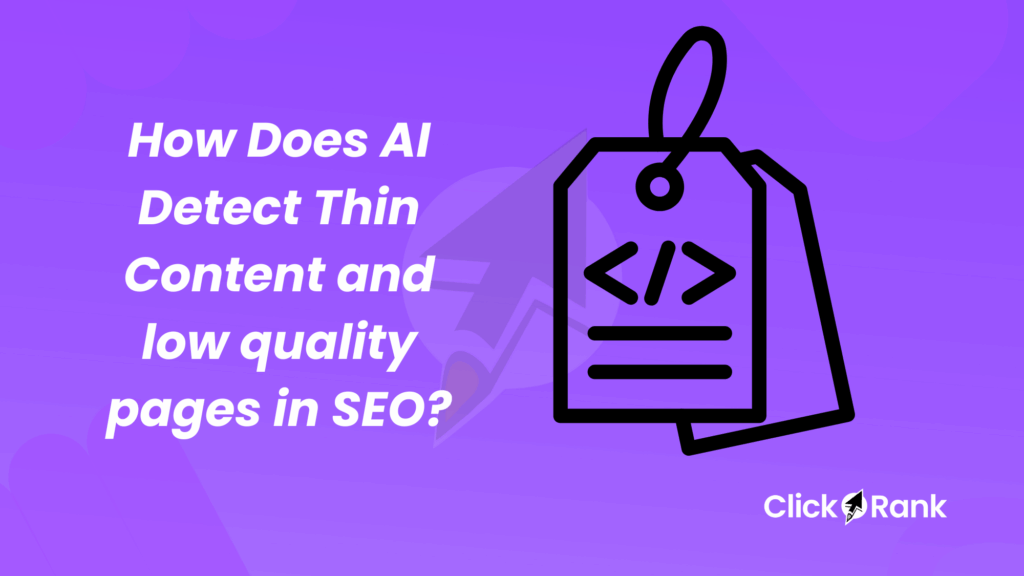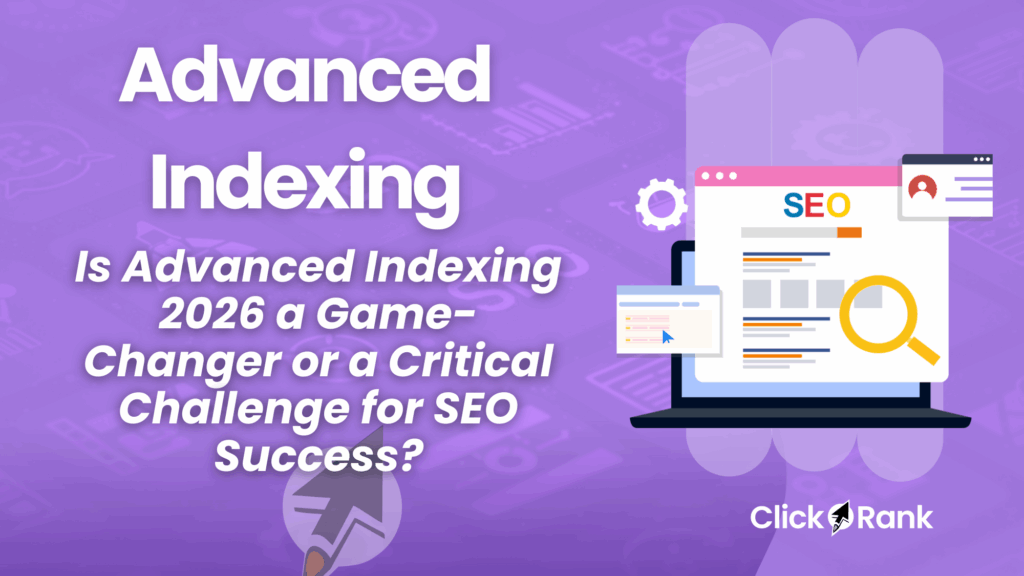What Is Entity SEO?
Entity SEO, often referred to as entity-based SEO, is the practice of optimizing web content so that search engines recognize concepts, not just keywords. Instead of focusing exclusively on matching exact phrases, Entity SEO emphasizes how ideas, people, places, and things—known as entities—are interconnected within the web of knowledge.
Unlike traditional keyword-focused SEO, which depends heavily on density and repetition, entity-based optimization seeks to provide context. For example, if someone searches for “Apple,” Google must decide whether they want information about the technology company or the fruit. By recognizing entities and their relationships, search engines deliver results that are far more precise.
Entity SEO essentially transforms the way optimization works: it’s no longer just about being present in search results—it’s about being understood correctly.
Why Entities Matter in SEO?
Entities are the backbone of how modern search engines interpret content. Their importance lies in several critical aspects:
- Clarifying context and meaning: Entities ensure that Google understands the intent behind a query, rather than just matching words on a page.
- Disambiguating terms: A search for “Jaguar” could mean the animal or the car brand. With entity SEO, search engines can differentiate based on context.
- Knowledge Graph integration: Entities feed directly into Google’s Knowledge Graph, the system that powers Knowledge Panels, Rich Snippets, and semantic search.
- Enhanced visibility in SERPs: When content is entity-optimized, it is more likely to appear in featured snippets, People Also Ask boxes, and voice search responses.
In practice, this means Entity SEO can directly influence how authoritative your brand looks in search results.
The Evolution of SEO: From Keywords to Entities
Search engines used to rely almost exclusively on keyword matching. In the early days of SEO, ranking depended heavily on keyword repetition, backlinks, and metadata. But this approach often produced irrelevant results.
The shift came with Google’s Hummingbird update (2013), which prioritized semantic search, and later BERT (2019), which leveraged AI and natural language processing to better understand context. These algorithmic changes signaled the beginning of entity-based SEO as a mainstream practice.
Today, AI-driven algorithms no longer depend solely on keyword signals—they interpret meaning, relationships, and authority. This is why entity SEO is essential for staying competitive in advanced SEO strategies.
What Is an Entity? Understanding the Basics
At its core, an entity is a uniquely identifiable concept with attributes and relationships.
Entities in search engines:
They are stored in massive databases with unique identifiers, ensuring that Google recognizes each entity distinctly.
Examples of entities:
- People: Albert Einstein, Elon Musk
- Places: New York City, Mount Everest
- Organizations: Apple Inc., United Nations
- Concepts: Artificial Intelligence, Climate Change
- Products: iPhone 14, Tesla Model 3
When search engines recognize these as entities, they can link them to other related information—creating a structured web of knowledge that improves search accuracy.
How Do Entities Work in Search?
Entities serve as the foundation for how Google and other search engines process meaning.
- Algorithms like Hummingbird and BERT: These updates enabled engines to interpret queries based on entities and context rather than exact word matches.
- Understanding intent: If a user types “best camera for travel,” Google interprets entities like “camera” (product) and “travel” (purpose) to deliver meaningful results.
- Entity relationships: Search engines weigh connections between entities—such as a brand, product, and reviews as trust signals. This allows Google to determine authority and credibility beyond just backlinks.
Entity SEO ensures your content feeds into this system, making it more discoverable and trusted.
What Are The Benefits of Entity SEO?
Implementing entity SEO provides several competitive advantages:
- Improved search relevance: Your content ranks for queries that match meaning, not just keywords.
- Better user experience (UX): Users get accurate, contextual results faster.
- Voice search readiness: Entities make your content compatible with conversational queries in smart devices.
- Less dependency on exact keywords: Variations and synonyms are naturally included through entity associations.
- Comprehensive content coverage: By mapping multiple entities, you establish topic authority.
- Future-proofing: Search is increasingly semantic; entity SEO ensures you stay ahead of algorithm changes.
How to Implement Entity SEO: Strategies & Techniques?
1. Identify and Map Key Entities
Start by researching your topic and identifying the primary entity, secondary entities, and related concepts. Tools like Google’s Knowledge Graph Search API and Wikidata help uncover these relationships.
2. Create Comprehensive, Context-Rich Content
Entity SEO thrives on depth. Instead of surface-level explanations, develop in-depth content that logically connects multiple entities. This helps search engines recognize your authority.
3. Use Structured Data (Schema.org)
Implement schema markup such as Article, Organization, or Person to help search engines understand the entities in your content. This increases the likelihood of appearing in Knowledge Panels and Rich Snippets.
4. Build Entity Relationships Through Linking
Internal linking should connect entity-relevant pages on your site. External linking to authoritative sources strengthens credibility and trustworthiness.
5. Leverage E-E-A-T (Expertise, Experience, Authoritativeness, Trustworthiness)
Entity SEO aligns directly with Google’s E-E-A-T guidelines. Publishing expert-driven, verifiable content reinforces entity recognition.
6. Monitor Entity Signals & Performance
Track Knowledge Panel appearances, featured snippet rankings, and structured data validation. Tools like Google Search Console can help you monitor these signals.
7. Integrate with Traditional Keyword Strategy
Entity SEO does not replace keyword SEO—it enhances it. A hybrid strategy ensures broad coverage for both semantic and keyword-driven searches.
What Are The Common Mistakes to Avoid in Entity SEO?
- Over-optimizing entities: Forcing entities unnaturally damages readability and trust.
- Neglecting content quality: Entities are not a shortcut; your content must still be in-depth and valuable.
- Skipping structured data: Without schema markup, Google may miss important context.
- Ignoring linking strategies: Failing to connect entities weakens authority.
- Overlooking intent alignment: Entity SEO only works when it matches user intent.
Entity SEO vs. Keyword SEO: When & Why to Use Each?
- Entity SEO: Best for establishing authority, semantic relevance, and long-term visibility. It is especially effective for broad topics, voice search, and competitive industries.
- Keyword SEO: Still useful for transactional queries, product searches, and specific user intents.
The real power lies in integration: entity SEO provides context while keyword SEO captures immediate search demand. Together, they create a comprehensive optimization approach.
Case Studies & Examples For Entity SEO
- Knowledge Panels for Brands: Companies that implement structured data and publish entity-focused content often trigger Knowledge Panels in SERPs, strengthening brand authority.
- Rich Snippets through schema: Recipe sites using Recipe schema not only rank higher but also display entity-rich details like calories, cook time, and reviews.
- Voice search optimization: Travel blogs that structure content around entities like destinations, landmarks, and activities are more likely to surface in voice queries.
These examples demonstrate that entity SEO is not abstract—it delivers measurable visibility improvements.
The Future of SEO: An Entity-Centric World
Search is moving toward entity-first indexing, where search engines organize content around concepts instead of keywords. With the rise of AI, machine learning, and voice interfaces, entity SEO is the foundation for future digital visibility.
Adopting entity-based strategies now ensures your SEO efforts remain resilient as algorithms continue to evolve. Those who fail to embrace entities risk becoming invisible in an increasingly semantic search landscape.
Entity SEO is not just a trend—it’s the natural evolution of search optimization. By focusing on concepts, relationships, and semantic relevance, you position your content for maximum visibility in a search landscape dominated by AI and natural language processing.
If you want to take your advanced SEO strategy to the next level, visit clickrank.ai and explore how entity optimization can revolutionize your search presence. Start applying entity SEO today and stay ahead of the future of search.
What is the difference between an entity and a keyword?
An entity represents a specific concept, person, or object. A keyword is the textual expression users type into search engines.
Does structured data guarantee entity recognition by Google?
No guarantee, but it significantly increases the chances of correct recognition.
Can I do SEO without focusing on entities?
Yes, but you’ll miss opportunities to appear in Knowledge Panels, Rich Snippets, and voice search.
How do I measure success in entity SEO?
Monitor Knowledge Panel appearances, featured snippets, entity relationships, and improved search relevance.


